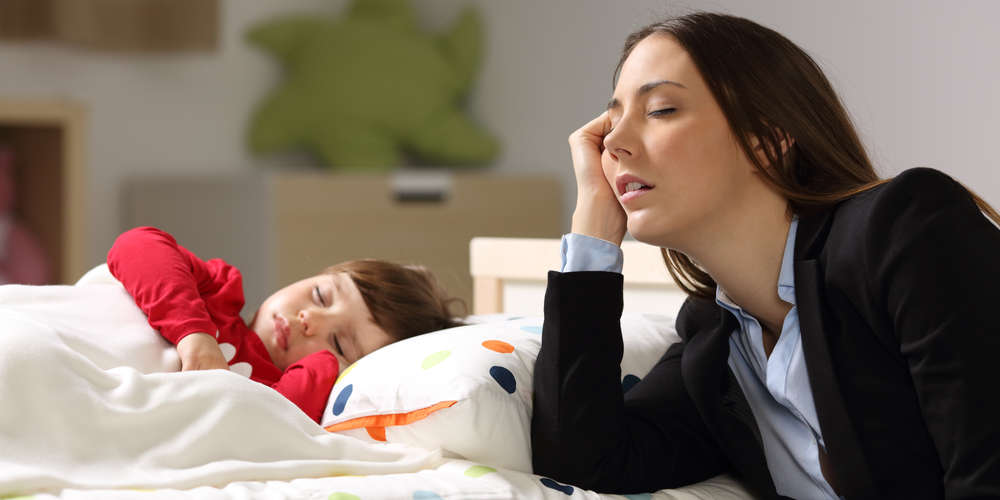This week my students turned in papers relating news articles to what they learned in class about parenting. Every single student’s paper is about how the pandemic is exacerbating pre-existing inequalities.
I’m a teaching assistant in a family sociology course, and inequality is one of the most important things we study. We strive to understand how inequalities are being produced, maintained, and especially during the coronavirus crisis, deepened.
With child care centers closing down and schools going virtual, taking on extra child care has fallen disproportionately to women. As a result, many women are falling behind at work or leaving paid labor altogether. The Washington Post reports the percentage of American women in the labor force is at its lowest since 1998.
As sociologist Jessica Calarco put it, “Other countries have a social safety net. The U.S. has women.”
Part of the problem is the gender wage gap. Women tend to go into lower-paid jobs, but jobs associated with women pay less because so-called “women’s work” is devalued. Part of the problem is just plain sexism. But another part is more complicated.
In most heterosexual couples, the man earns more. In 2017, women earned more than their husbands in only 30 percent of couples. Often women marry men a few years older than them, so their husbands have also had a few more years of work experience andnorms raises.
When they have children, if one of them needs to cut back hours of paid labor, it often makes financial sense for the woman to do it.
But conditioning is still part of the problem.
Sociologist Arlie Hochschild found that women in dual-income couples usually work a “second shift” at home. Why? Because many women as well as men still believe that cooking, cleaning, and child care are “women’s work.”
Over the last half century, women’s and men’s housework has become less unequal, but not necessarily because men are doing much more. Instead, families now simply lower their standards, rely on technology (microwaves, dishwashers, etc.), and outsource (daycare, eating out, hiring house cleaners).
But all that takes money. And when it comes down to it, society places pressure specifically on mothers to take on the responsibility of raising children.
“Intensive parenting norms,” Calarco says, still “push women to put their children ahead of their careers. In the workforce, that makes it harder for women to compete with men for top positions, because they’re seen as less committed to their jobs.”
Dads basically get a free pass. When he became a parent, journalist Matt Yglesias found himself universally praised any time he held his infant son without killing him. It was as though even the smallest parental labors he made were seen as going above and beyond.
“No,” he wrote. “I’m not babysitting this morning, I’m parenting.”
In a pandemic that’s ruthlessly targeted the most vulnerable, all this only compounds existing inequalities.
In their papers, my students noted that children from low-income families are disproportionately falling behind in school now, which could limit their social mobility over the course of their lives. Without school and daycare, for instance, women farmworkers are finding themselves forced to bring their children with them to work.
Many of my students are intelligent, motivated women with ambitious career plans. It’s painful to see it dawn on them that their desire for a family will force them to choose between giving up opportunities or working at home after they work at work.
Social conditioning takes time to change, but policies don’t have to. My students want gender equality, but they aren’t going to get it until we improve our social safety net for parents.
OtherWords columnist Jill Richardson is pursuing a PhD in sociology at the University of Wisconsin-Madison. This op-ed was distributed by OtherWords.org.




